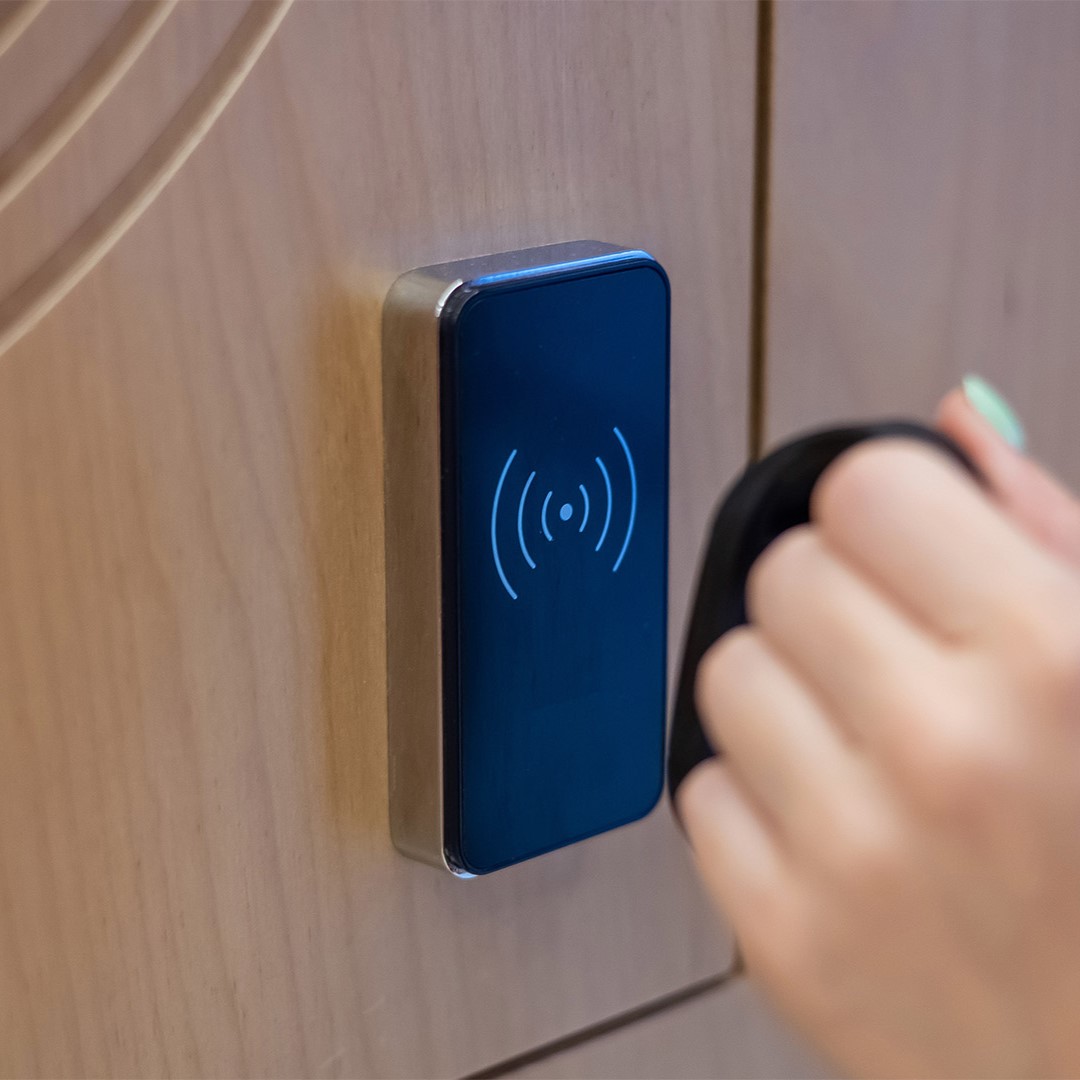TAG MARKETS
At Partitalia, we supply RFID tags specifically designed for different types of markets. In the area of personal identification, our RFID wristbands and key fobs are used for access control at hotels, campsites, companies and gyms. They are also used as electronic purses to store credit that can be spent at vending and self-service machines, as well as for charging electric cars at charging stations.
Hard tags and RFID labels are, instead, suitable for identifying objects. They are widely used in industry to identify objects throughout the production chain, in logistics for inventory management and picking, and in retail for point-of-sale management and optimisation. Going further, they are used in waste collection to collect deliveries in municipalities that apply door-to-door pay-as-you-throw waste collection, and in the healthcare sector to monitor surgical equipment and manage the hospital pharmacy and laundry.
Contact us to learn more about our RFID tags and to find the one that’s right for your needs. We will provide you with a totally free quote.


RFID tags for hotels
RFID tags for hotels, such as RFID key fobs and RFID wristbands, are excellent as hotel door openers and are useful as electronic purses, for access control, and for services within hotels and resorts.
RFID wristbands and key fobs for hotels are available in a range of materials and frequencies and can be customised upon request.
RFID tags for gyms
RFID tags for gyms and swimming pools, such as RFID key fobs and wristbands, are convenient and versatile. RFID key fobs and wristbands provide access to various services, such as parking and equipment, and can also function as electronic purses.
Partitalia produces RFID key fobs for gyms in PVC or ABS and RFID wristbands for gyms in silicone, nylon, and Tyvek. Both products can be customised upon request.




RFID tags for vending machines
RFID tags for vending machines, such as RFID key fobs and wristbands, function as electronic purses and enable access to other automated services like self-service laundries and car washes.
Comfortable and hypoallergenic, RFID wristbands and RFID key fobs for vending machines are customisable and, thanks to their durability, suitable for a wide range of applications. These RFID tags can be encoded and customised as needed.
RFID key fobs for companies
RFID key fobs for companies facilitate access control and attendance tracking for employees or visitors, allowing access to restricted areas.
Made from durable materials such as PVC, ABS, and PA6, RFID key fobs are available in various frequencies, and they can be encoded and customised.
They can support multiple applications, such as digital signatures or electronic purses, ensuring enhanced security.




RFID tags for campsites
RFID tags for campsites provide an effective system for access control in campings and holiday villages, allowing guests entry to reserved areas. They also facilitate payments through an electronic purse function.
RFID wristbands and RFID key fobs for campsites are comfortable, waterproof, and available in various materials, with customisation options upon request.
RFID key fobs for charging electric cars
RFID key fobs charging electric cars are a convenient tool for charging electric vehicles at designated stations. RFID key fobs for EV charging provide a secure alternative, without the need for data connection or GPS: simply bring the RFID key fob close to the station’s RFID reader to activate charging. Durable and customisable, they work as an electronic purse, enabling easy refuelling.




Industrial RFID tags
Industrial RFID tags improve traceability and security within the whole production chain, simplifying maintenance and reducing errors.
RFID hard tags and RFID labels for industry are applied or embedded directly onto products and are ideal for industries such as automotive, pharmaceutical, energy, metal, and food.
RFID tags for logistics
RFID tags for logistics are used for RFID inventory by identifying and locating goods, pallets, and containers, speeding up picking operations. RFID hard tags and RFID labels for logistics are highly durable, aiding in goods tracking and reducing human error.
Specific applications include vehicle access control, trolley monitoring, and RFID picking.




RFID tags for waste management
RFID tags for waste management are used in municipalities where the PAYT (Pay-As-You-Throw) model is in force.
Specifically, RFID hard tags for waste management, such as bin tags, are highly durable and are applied to recycling bins, while RFID wet inlays for waste management are adhesive RFID tags ideal for collection bags, as they are economical and flexible.
Retail RFID tags
Retail RFID tags save time while improving organisation and profitability. Adhesive RFID tags, such as RFID labels for inventory management, are used across sectors like Food, Fashion, and Large-Scale Distribution, to prevent theft and optimise product layout.
In particular, smart RFID labels for retail enable real-time stock management, reduce checkout times, and provide a hybrid online/offline shopping experience.




RFID tags for healthcare
RFID tags for healthcare — such as RFID hard tags and RFID labels — are widely used to monitor equipment and manage inventories, while RFID wristbands identify patients and store their data.
RFID tags, such as glass tags, are also excellent in veterinary applications for identifying pets and livestock, ensuring traceability and safety.

































